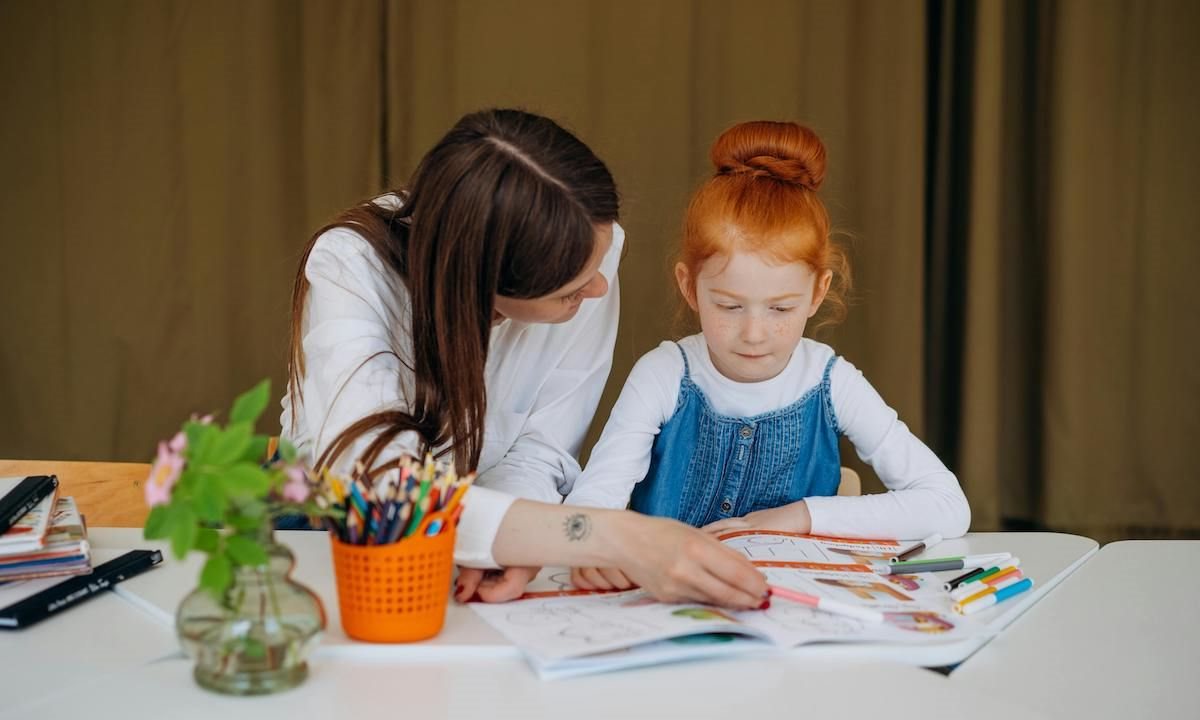South African trends in private tutoring beyond remedial support.
It’s a common misconception that tutoring is only for children who are falling behind. In reality, more and more parents are turning to academic coaching not to catch up but to keep up and even get ahead. Whether your child is in the foundation phase of primary school or navigating their senior year, one-to-one tutoring can be more proactive than many realise.
We live in an age of increasing academic pressure. Class sizes are large, curricula are demanding, and families are often time-poor. Even in well-resourced schools, students can struggle to receive the level of individual attention they need to thrive, not because they’re struggling but because they’re simply not being stretched, supported, or stimulated in the right way.
That’s where personalised academic coaching comes in. With the right tutor, i.e. one who understands your child’s learning style, pace, and personality, learners can gain knowledge and the tools to navigate their academic journey confidently. Private tutors today act less like emergency responders and more like learning strategists, helping children set goals, master study habits, and build the kind of self-discipline and motivation that lasts far beyond exam season.
In fact, recent trends show that the tutoring landscape in South Africa is shifting. A 2023 Youth Dynamix study highlighted that 71% of middle to upper-income families view supplementary academic support as essential, regardless of whether their child is top of the class. For these families, tutoring is about optimising performance, rather than catching up.
This becomes even more valuable when we consider that every child learns differently. Some need structure. Others need flexibility. Some flourish with visual prompts, while others prefer discussion-based learning. That level of individualisation is rarely possible in a classroom setting, but it’s the hallmark of high-quality tutoring.
A recent infographic published by Tutor Doctor illustrates how tutoring can bolster crucial life skills, especially for younger learners. Teaching children to manage their time, minimise distractions, and take ownership of their learning process are essential early tools for lifelong academic success. Just as a sports coach helps athletes train for their potential, not just their weaknesses, academic coaches guide learners toward becoming more confident, independent thinkers.
And then there’s the emotional layer. For many children, school anxiety stems not from lack of ability, but from feeling unheard or misunderstood. Signs such as procrastination, avoidance, or low confidence can quietly surface long before marks begin to slip. A consistent one-to-one tutor can help create a safe, calm learning space, whether at home or online, where these signals are addressed early.
In-home tutoring, when matched thoughtfully, is about support, not stigma. It’s about helping your child, whether they’re ahead, behind, or somewhere in between, reach their full academic potential in a way that’s as unique as they are.






































